Rev’s Transcript Library
Explore our extensive collection of free transcripts from political figures and public events. Journalists, students, researchers, and the general public can explore transcripts of speeches, debates, congressional hearings, press conferences, interviews, podcasts, and more.

Trump Breakfast with Senators
Donald Trump delivers remarks on the recent elections at a breakfast with Republican Senators. Read the transcript here.
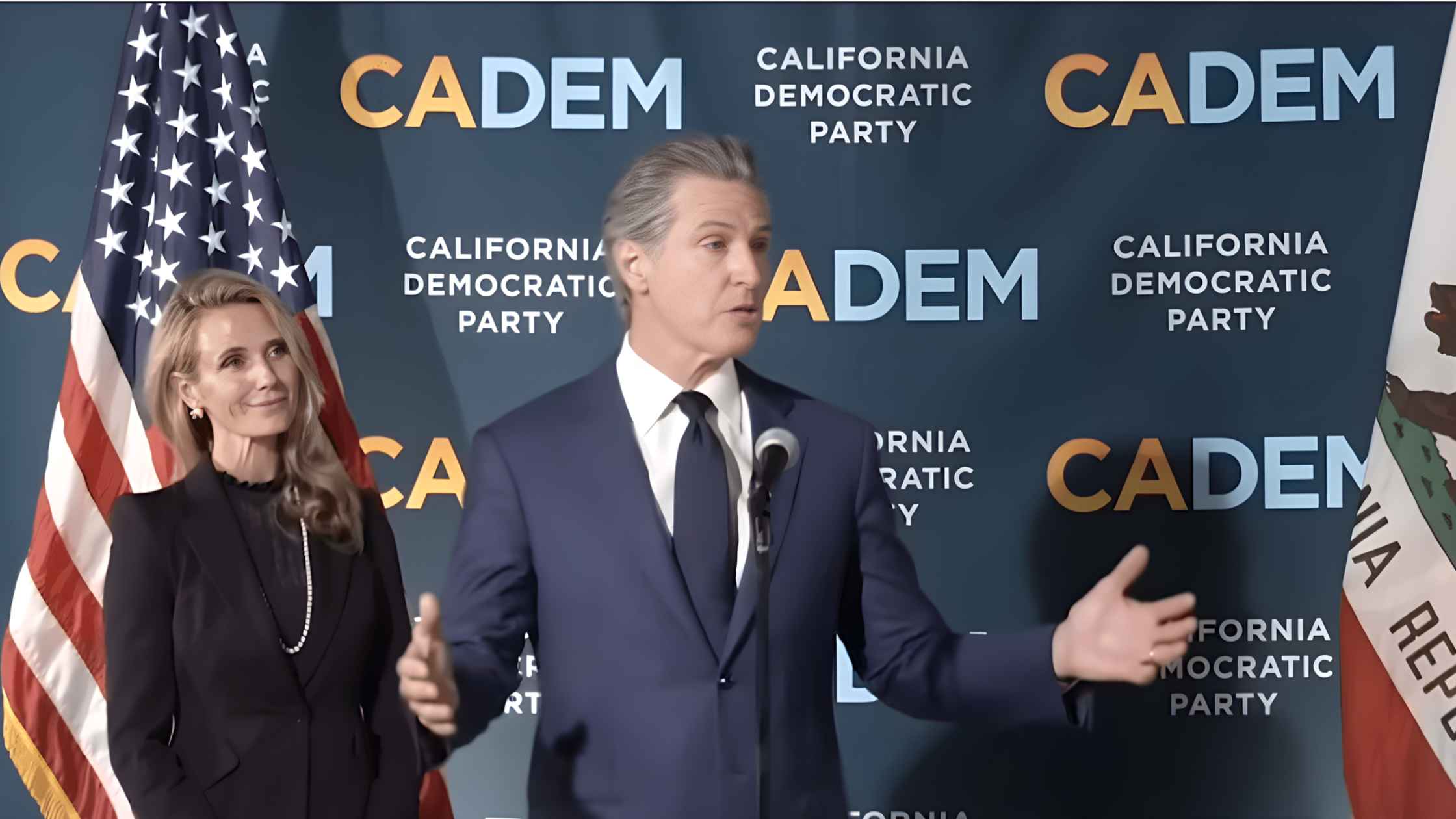
California Proposition 50 Passes
Governor Gavin Newsom speaks at an event after California passes Proposition 50. Read the transcript here.
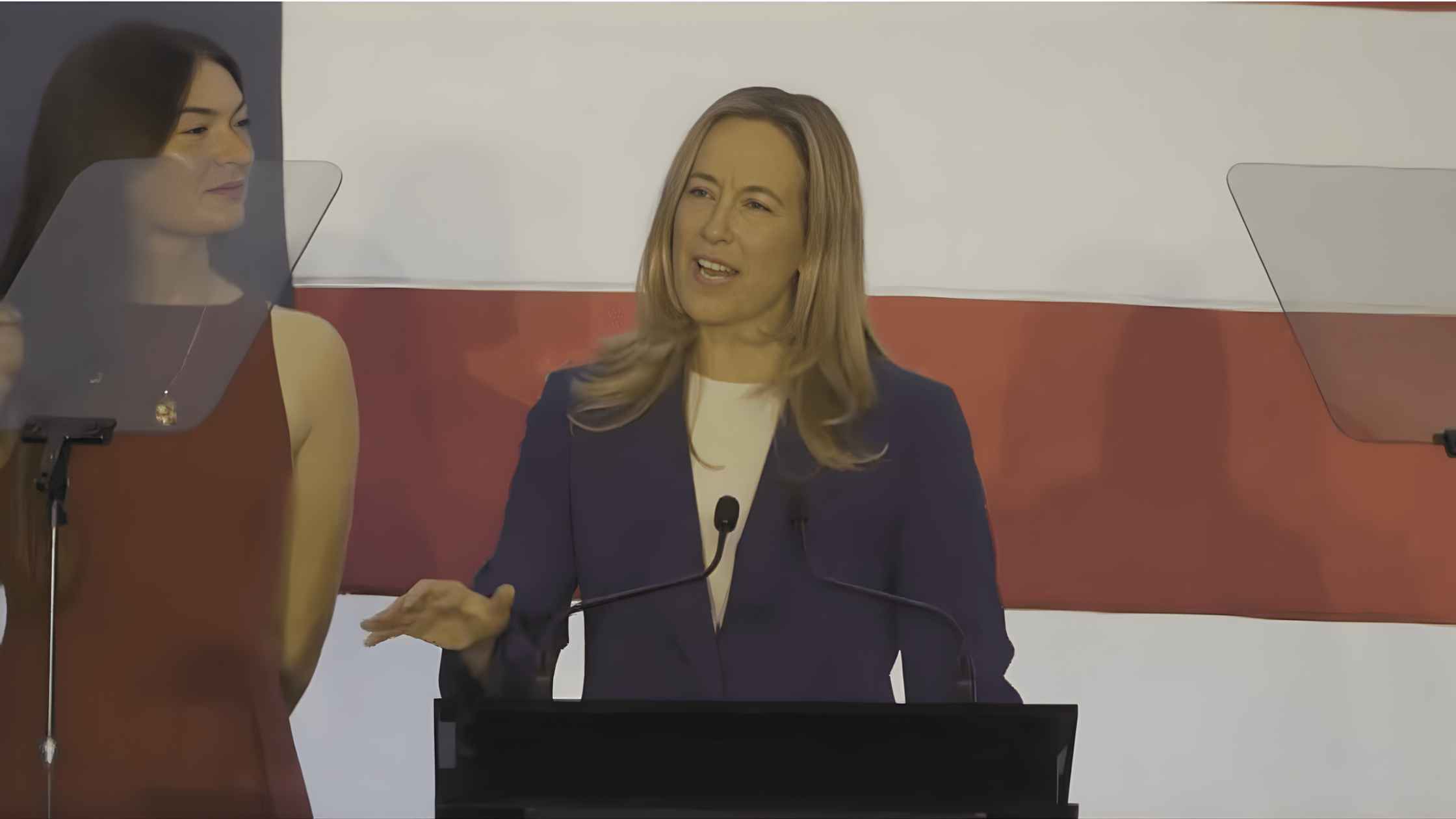
Mikie Sherrill Victory Speech
Mikie Sherrill addresses supporters after winning the New Jersey 2025 gubernatorial race. Read the transcript here.

Abigail Spanberger Victory Speech
Abigail Spanberger addresses supporters after winning the Virginia 2025 gubernatorial race. Read the transcript here.
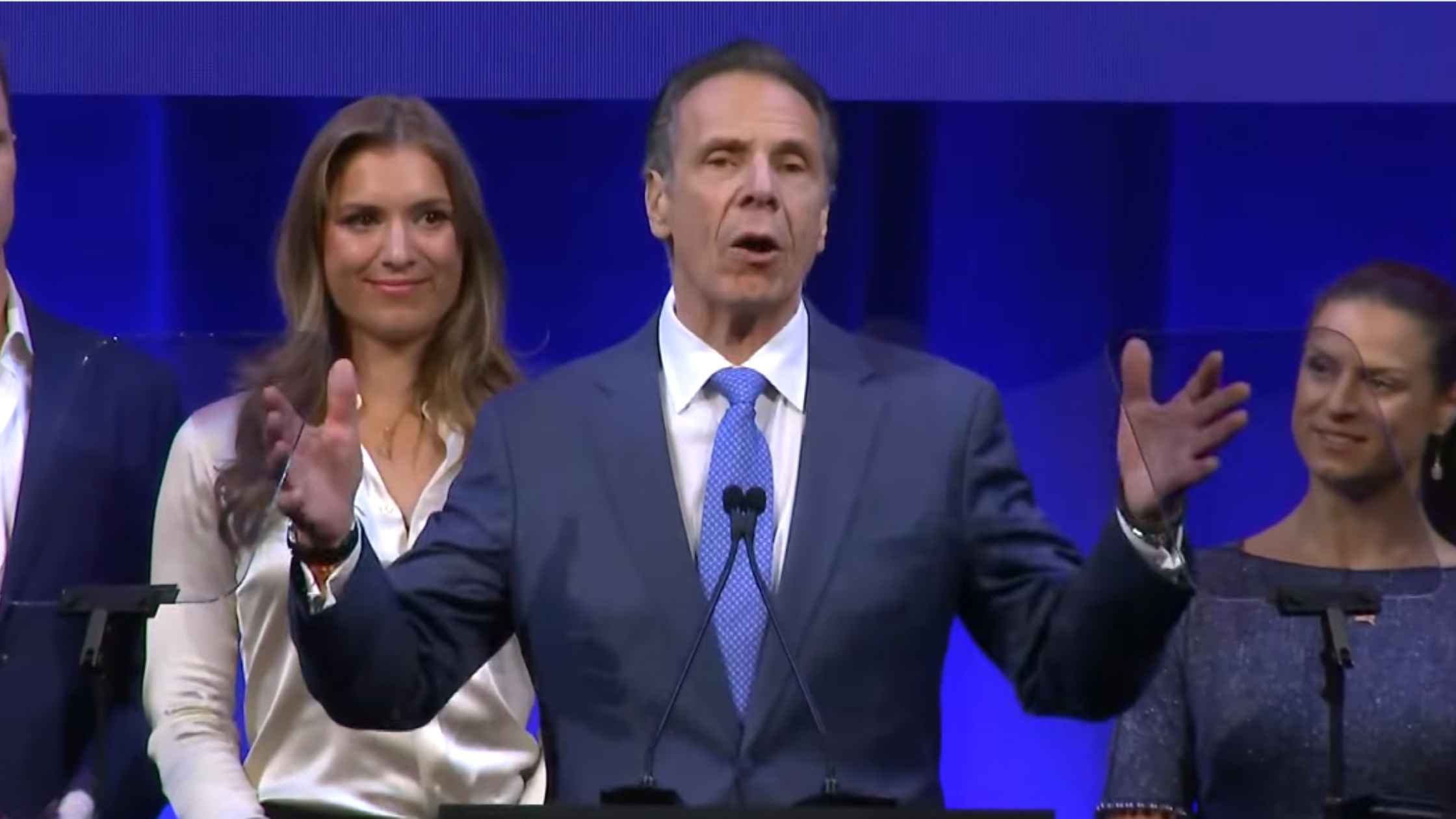
Cuomo Concession Speech
Andrew Cuomo concedes to Zohran Mamdani in NYC mayoral race. Read the transcript here.
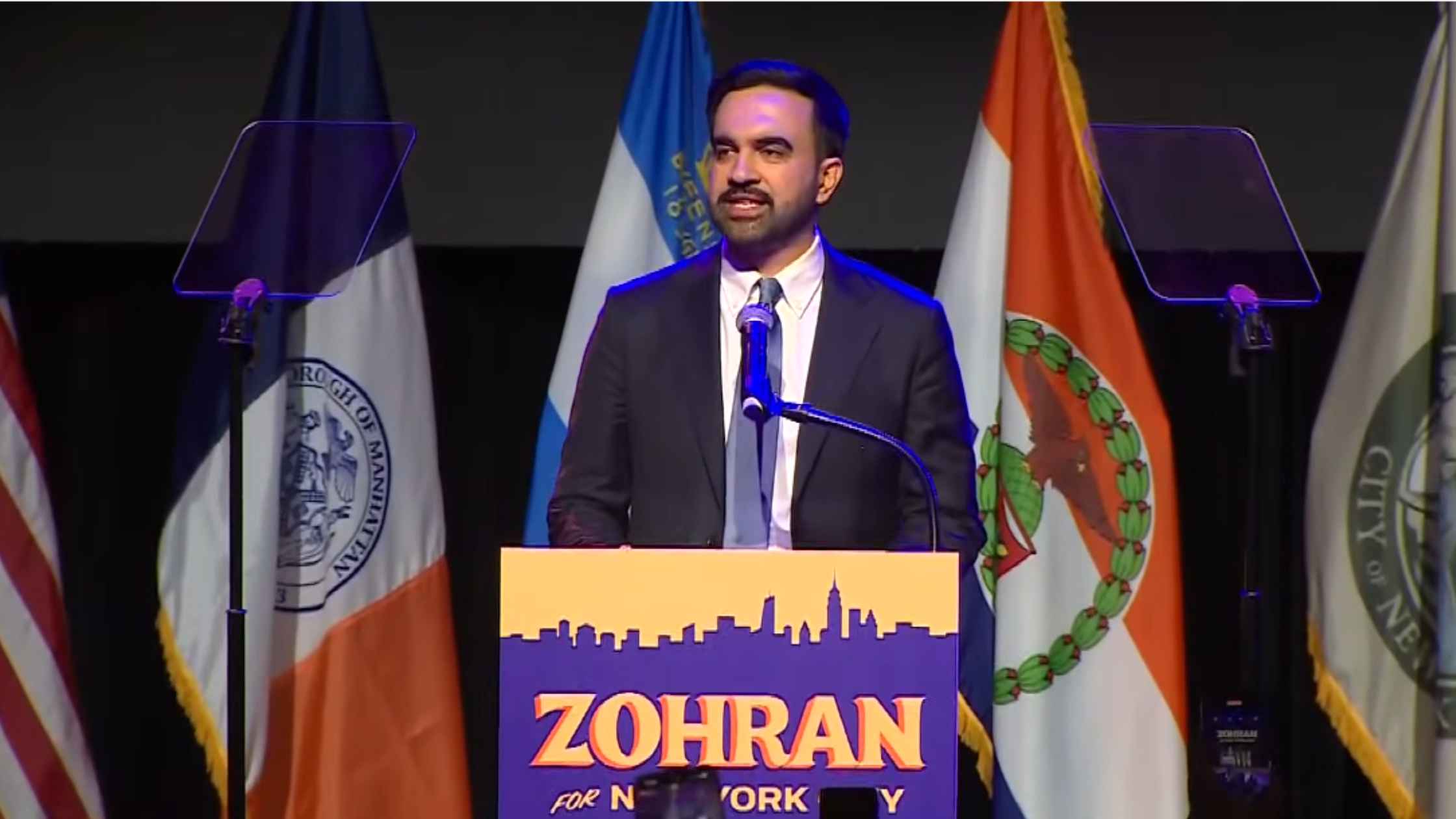
Mamdani Victory Speech
Zohran Mamdani addresses supporters after winning the 2025 NYC mayoral race. Read the transcript here.
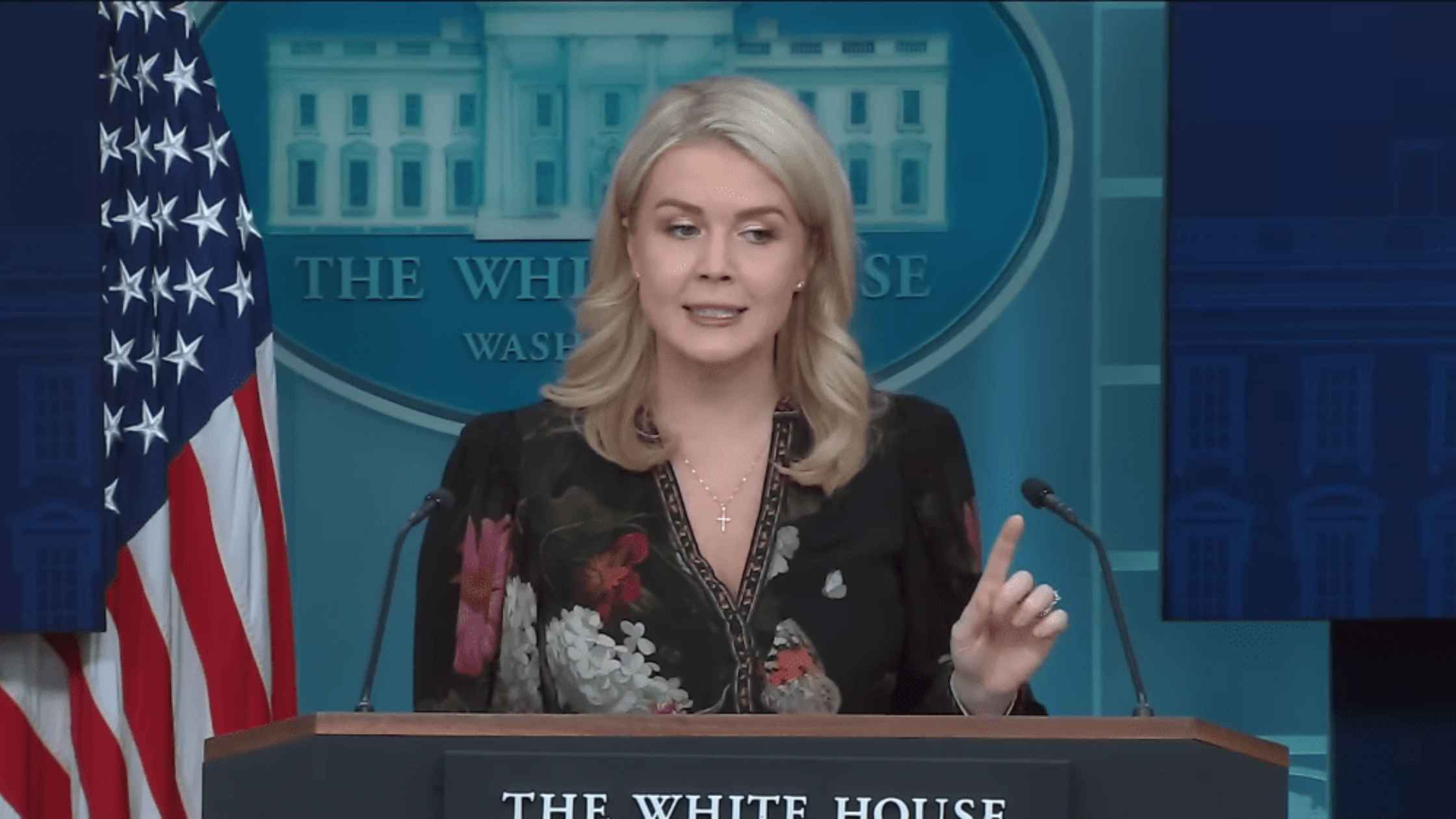
Karoline Leavitt White House Press Briefing on 11/04/25
Karoline Leavitt holds the White House Press Briefing for 11/04/25. Read the transcript here.

Rico v. U.S. and Hencely v. Fluor Corp
The Supreme Court hears oral arguments in the cases of Rico v. U.S. and Hencely v. Fluor Corp. Read the transcript here.

Hegseth Press Conference with South Korea Defense Minister
U.S. Defense Secretary Pete Hegseth and South Korea's defense minister Ahn Gyu-back hold a joint press conference in Seoul. Read the transcript here.
Subscribe to The Rev Blog
Sign up to get Rev content delivered straight to your inbox.

.webp)